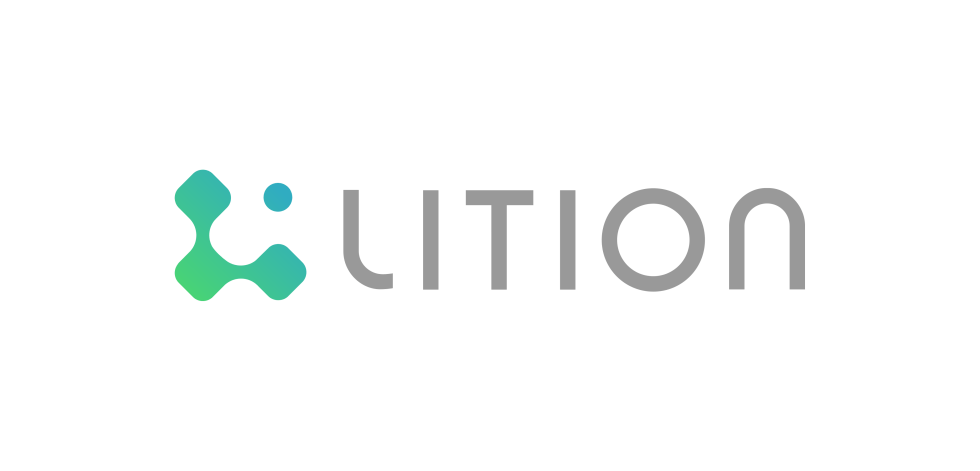We all have that file on our phones and computers. The one holding all the “apps I don’t use.” The stock market app, the to-do list app, voice memo, three different video editors… Our devices’ maximum storage and computational power are all being limited by pre-installed bloatware that we don’t use, don’t need, and often don’t even realize is on our devices, but that’s changing.
Recently, software companies have started to take to steps to minimize the unnecessary clutter on our devices. Apple allowed users to delete some built in apps as of iOS 12 and Microsoft is planning on stripping away some bloatware from Windows next year. Tech companies are understanding that if a user needs a killer to-do list app or constant stock market updates, they can find a better solution on the app store. No one wants the pre-installed, half-baked solutions bogging down their devices.
Savvy users have already manually uninstalled everything but the essentials, stripping their devices down to the applications they actually use. Consumer attitudes have shifted from “I want a device that can do everything” to “my device can do everything… but I only need these features.” As devices become more and more tailored to user needs, it would make sense if our pesky little bloatware folders disappeared. But a new breed of app might be taking its place.
“Out of sight, out of mind” apps might occupy a similar space on your devices, but instead of slowing down your device and wasting space, these apps will save money and screen time by using AI to manage whatever service they provide, like home utility management and smart home connectivity.
These apps require no user interaction and will optimize both monetary and resource efficiency for users. Everyday activities like energy consumption, health and financial interactions will all deploy AI to manage day to day decisions, freeing up time for the user, and actually requiring less screen time in a more digital age. The apps will act as portals, providing feedback for users if an issue should arise, or they simply want to know more about the automated processes.
Berlin-based blockchain energy startup, Lition, has developed an “out of sight, out of mind” app to facilitate energy trading for users, using AI to automatically buy and sell energy without any user interaction. While the energy portal lives on users’ devices, the app receives all necessary inputs via the company’s SmartReader, an IoT device that analyzes energy consumption in real time and sends the data to the app. Users are able to maximize energy efficiency without lifting a finger, saving money and the environment.
If a user does want to access the data, they can simply open the portal, where Lition has designed a simple and utilitarian interface, displaying all relevant information and trading options. The Lition team recently spoke with Forbes about the future of software design, emphasizing the importance of streamlining user interfaces, eliminating bloatware and minimizing screen time.
The sun is setting on bloatware, but it’s not the end of apps we rarely open sitting on our devices. AI and automated services will occupy a similar folder, only this time, the folder will be saving both time and money.
This article was authored by Stephan Vogel, Lition Business Development Manager.
